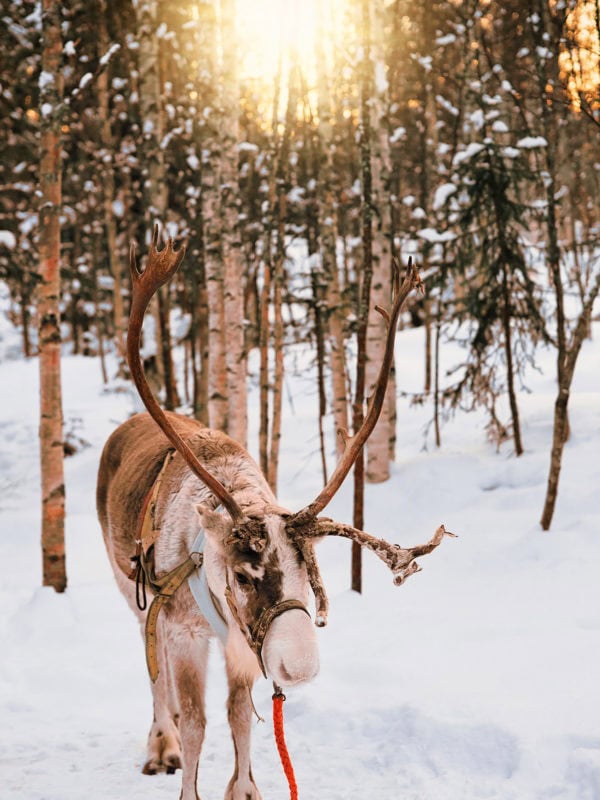
The Societal Dimensions of Sámi Research: The Production and Implementation of Knowledge in the High North (SoDiSami)
The Societal Dimensions of Sámi Research: The Production and Implementation of Knowledge in the High North (SoDiSami) was a cross-disciplinary project where we studied academic knowledge production on the Sami in Finland and in Norway. We focused on how the societal discourses are visible in research, and how research impacts the societies way to gaze upon and act on the Sami.
One work package focused on how and under what conditions knowledge production takes place in memory institutions such as museums. The results of this WP were published in Vol. 27 No. 3 (2019): From Lappology to Sámi Museology | Nordisk Museologi.
The overarching research problems, relating to the societal aspect of knowledge and the Sami were dealt with in an anthology Sámi Research in Transition: Knowledge, Politics and Social Change. The results from this study indicate that Sami research has received wider exposure and volume, but it has a varied, rather a weak impact on the societal discourses on the Sami. Academic research has had to compete about visibility and trustworthiness with new branches of research, which have an identity political motivation and which have received a standing in the societal debate. Simultaneously, the position of the Sami and Indigenous research in the Nordic Academia is still precarious.
The research project is a collaboration between The Arctic University Museum of Norway, NIKU, Giellagas institute at the University of Oulu, UiO – Museum of Cultural History, Nordiska Museet, University of Lapland, St. Petersburg State University, and University of Umeå.
The project manager was Jukka Nyyssönen from NIKU.
The project was funded by the Norwegian Research Council.
Visit our web-exhibition Societal Dimensions of Sámi Research.
- Status Finished
- Financed by The Norwegian Research Council
- Time 2017-2021

